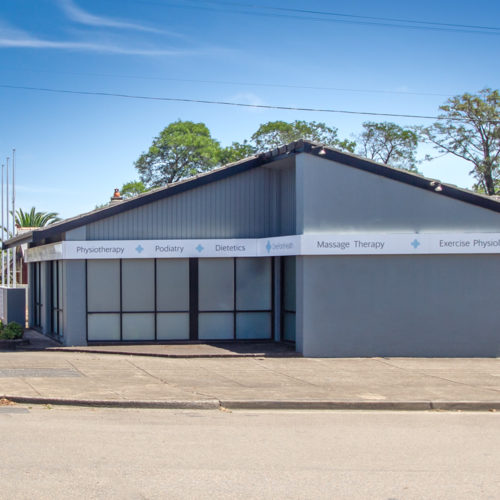Chemotherapy and Exercise – how does it work?
The benefits of exercise during chemotherapy.
For people undergoing treatment for cancer the idea of exercising directly after having chemotherapy is the last thing on your mind. Finding the motivation to exercise whilst battling all of the side effects of the chemotherapy including fatigue is difficult. The latest research has found that exercising directly before or after chemotherapy can help reduce the side effect associated with treatment as well as increase the effect the chemotherapy has on the tumour.
Chemotherapy is used to weaken and destroy cancer cells in the body. However, tumours have poor blood supply and therefore a lot of the chemotherapy chemicals are not reaching the targeted area and have the greatest effect. During the process of treatment, chemotherapy also weakens our immune system which is our bodies natural ability to fight off diseases.
So how does exercising directly before or after chemotherapy help?
Exercise increases blood flow and therefore exercising directly before or after treatment can increase the potential for more chemicals to reach the targeted tumour site.

Our body is constantly producing potential cancer cells all of the time, however our immune system finds them and destroys them with our natural killer cells. Exercise releases adrenaline into the bloodstream, a chemical in our body that inhibits a natural killer cell used to fight any unwanted cells. The idea of exercise is to encourage our natural killer cells to target the tumour site and help with the breakdown of the tumour.
Exercise also helps release chemicals which seek out inflammation such as tumours and guide our natural killer cells to target the area.
During chemotherapy our body has a 10-15% decline in muscle mass and there is no medication to prevent this. The strongest benefits of exercise during chemotherapy is to improve fatigue levels and prevent further de-conditioning such as muscle loss. Strength exercise can help to rebuild muscle, improve endurance levels, maintain bone density and manage weight gain which is a common side effect of chemotherapy. Exercise also helps with improving confidence and releasing stress associated with undergoing treatment.
It is important to get advice from an Accredited Exercise Physiologist who has an understanding of the correct exercise for your specific type of cancer and treatment.













